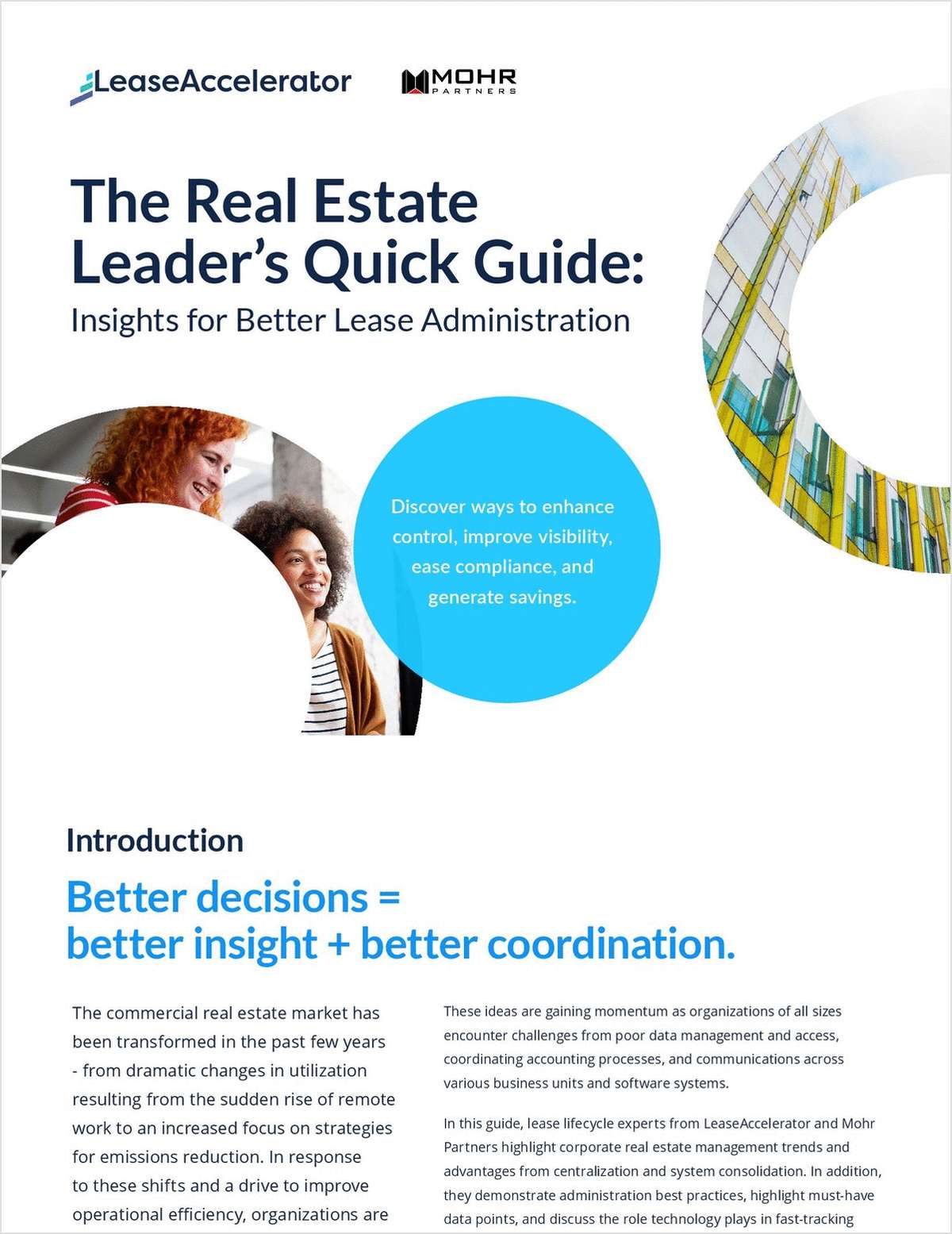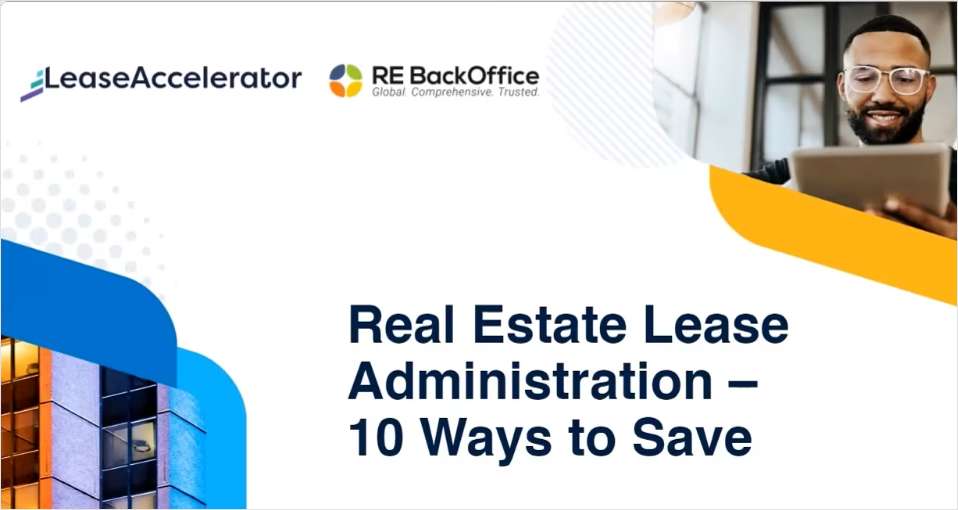"Anything that CMBS debt was lent into faces these challenges," Tom Gryboski, a partner in the firm's real estate group, tells GlobeSt.com. "There is a whole pile of CMBS debt [$33 billion maturing in 2009] that people cannot refinance and their property may have declined in value. Between there not being very many loans available and the requirements of lenders having less leverage, there is a market where many people cannot refinance their debt."
The firm's new practice group aims to help owners negotiate extensions on existing debt and can also help if they choose to give property back to a lender. "Non-recourse loans have a lot of pitfalls and if people aren't careful those loans could become recourse and the guarantors become obligated under them," warns Gryboski.
The firm advises real estate owners to be proactive and reach out to their lenders when they see issues arising with maturing debt. "Lenders generally want to work with the borrower and don't want to own the properties in this economy," says Gryboski. If approached with problems early, lenders can extend maturity dates, change covenants or agree not to foreclose for a period of time while the borrower tries to refinance. In some instances lenders can accept reduced pay-off amounts rather than take property back, he explains.
Continue Reading for Free
Register and gain access to:
- Breaking commercial real estate news and analysis, on-site and via our newsletters and custom alerts
- Educational webcasts, white papers, and ebooks from industry thought leaders
- Critical coverage of the property casualty insurance and financial advisory markets on our other ALM sites, PropertyCasualty360 and ThinkAdvisor
Already have an account? Sign In Now
© 2024 ALM Global, LLC, All Rights Reserved. Request academic re-use from www.copyright.com. All other uses, submit a request to [email protected]. For more information visit Asset & Logo Licensing.








